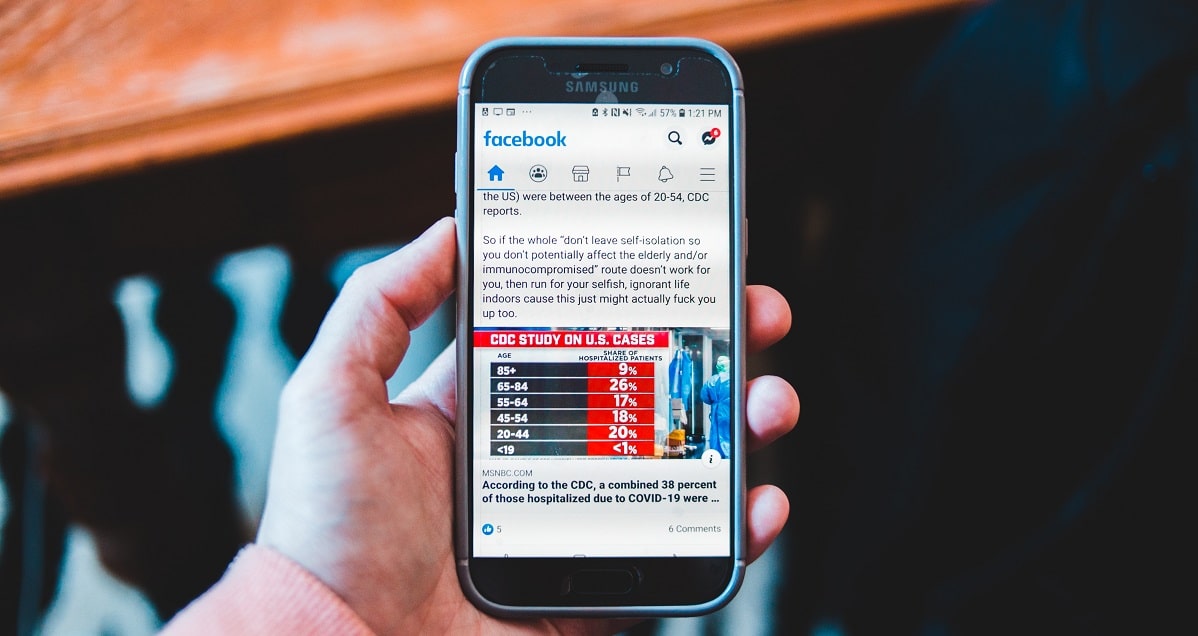
Lateral Reading and Monetary Incentives to Spot Disinformation about Science
Disinformation about scientific findings has become a pressing issue during the Covid-19 pandemic. The spread of false information about vaccines or medical treatments has led to enormous economic and public health burdens. Researchers, journalists, policymakers and other practitioners are working together to find practical strategies to tackle disinformation and help online users recognise false contents.
On 5 April, PERITIA researchers published a new paper ‘Lateral reading and monetary incentives to spot disinformation about science’ in Nature Scientific Reports. The authors are Folco Panizza, Piero Ronzani, Carlo Martini, Simone Mattavelli, Tiffany Morisseau and Matteo Motterlini. The paper is part of PERITIA’s second phase, which investigates experimental measures to understand trust and distrust in science.
Their work examines two techniques used for tackling online disinformation: lateral reading (looking for information on other websites) and click restraint (looking beyond the first results suggested by search engines).
In two online experiments, the authors tested how users behave using these two interventions. In one experiment, they used a pop-up window to advise participants to use the two techniques. The second one used monetary incentives for fact-checkers instead.
The results indicate that both monetary incentives and pop-up interventions increased the use of fact-checking strategies. “Monetary incentives were overall effective in increasing accuracy, whereas the pop-up worked when the source of information was unknown. Pop-up and incentives, when used together, produced accumulative effect on accuracy”, the researchers conclude.


